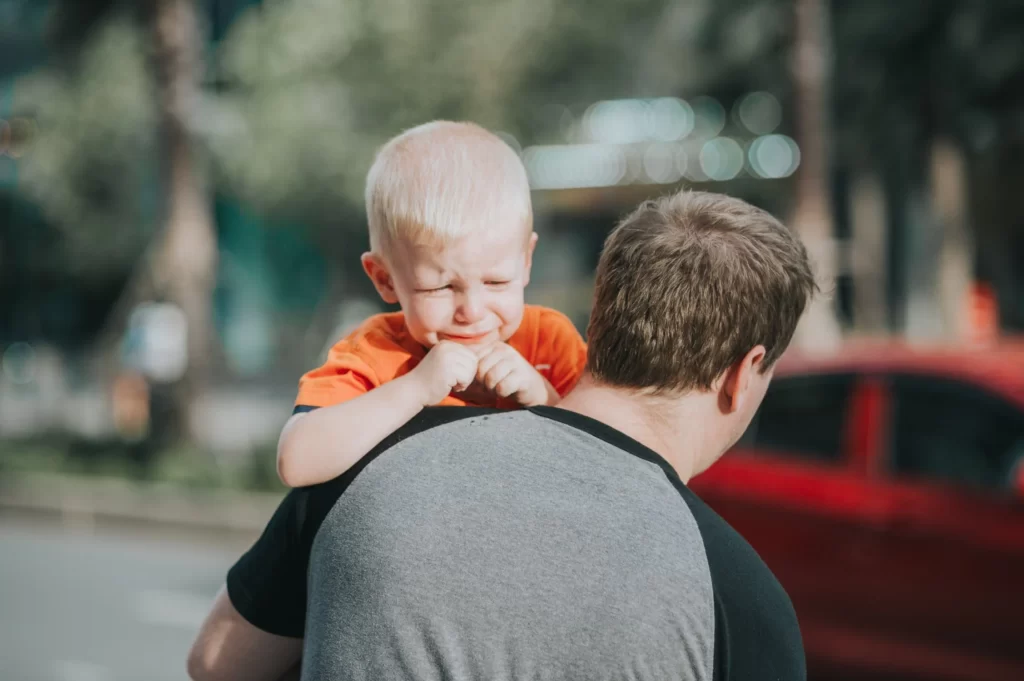
The topic of habitual residence family law is primarily related to matters concerning relocation and child abduction following divorce or separation. In international legislation, if a parent has decided to relocate with a child following the breakdown of their relationship, they first have to determine the child’s “habitual residence.”
Habitual residence in family law refers to the place where a child has lived or grown up. Family law cases gives paramount consideration of the child’s best interests. According to courts, it is best for children to stay in their habitual residence.
However, if a parent wants to relocate with his or her child, they will need to prove to the court that removing the child from his or her habitual residence is beneficial for his or her safety and well-being.
Discussing habitual residence in family law considers a lot of aspects, especially factors that influence a child’s habitual residence. The topic of habitual residence in family law is extremely important for couples that have divorced or separated, and one parent is seeking to relocate with their child/children.
What Is Child Abduction?
Parental child abduction happens when one parent takes the child away from the other parent without their consent. Furthermore, the child is concealed from the other parent. Parental child abduction is a criminal offence under the Family Law Act (1975) in Australia.
Parental child abduction is common in divorce or separation cases that are not amicable and where the parents are not able to come up with satisfactory custody arrangements. Serious custody disputes results in one parent taking the child away from the other parent.
The topic of habitual residence of the child is central in matters of parental child abduction. The Hague Convention on the Civil Aspects of International Child Abduction is the governing treaty between countries. Under the Convention, it is essential to determine the habitual residence of the child in order to carry out the required legal procedures to return the child.

Factors Influencing Child’s Habitual Residence In Family Law Cases
One important consideration is determining a child’s habitual residence and determining who the primary caregiver of the child is.
For example, in the case of Secretary, Department of Family and Community Services and Walkenhorst [2018] FamCA 47, the mother relocated with the children to Australia. The children’s habitual residence was in New Zealand.
When the mother relocated with the children to Australia, the father launched a child abduction claim against the mother. However, the court determined that the mother was the primary caregiver of the children. In addition, since her place of residence changed the children’s habitual residence also changed.
Cases related to habitual residence in family law can be easy to proceed with when it is clear who the primary caregiver of the children is.
Laws on habitual residence are tricky and complicated. That’s why there needs to be consideration on several factors.
Habitual Residence Family Law And The Hague Convention
Many countries signed a treaty called The Hague Convention. This includes Australia, which covers civil aspects related to international child abduction.
The Family Law (Child Abduction Convention) Regulations 1986 states Australia’s obligations under the Hague Convention. Section 111B of the Family Law Act (1975) sets out these obligations.
As a party to the Convention, some of Australia’s key obligations include:
- Secure the prompt return of a child who is wrongful removed to, or retained in any Contracting State (a State which is a signatory to the Convention)
- To make sure that all custody rights, access rights and visitation rights under the law of a given Contracting State is upheld in the other Contracting States.
In Australia, the High Court has set the legislation on determining habitual residence. As mentioned above, which parent is the primary caregiver is one factor which can influence habitual residence of the child.
Apart from this, the intentions of the parents, and the duration of time the child spent in the place will also determine the child’s habitual residence in family law matters.
The Hague Convention states that the child should return to his/her habitual residence unless there is a grave risk of harm.

JB Solicitors’ Legal Guidance For Abduction And Relocation Matters
Custody disputes can lead to parents taking impractical, drastic steps such as taking the child away from the other parent. It’s important to consider the best interests principles in order for children to have a meaningful relationship with their parents.
This is why family courts will always encourage that both parties have access to their child so that they can build a healthy relationship with the child. This is especially important for the children’s mental health and well-being.
Children will naturally feel the brunt of their parents’ divorce or separation. They will be particularly susceptive to facing increased anxiety and depression following the breakdown of their parents’ relationship.
It is therefore very important to consider the best interests of the child. Serious matters involving parental child abduction can take a toll on the well-being of all parties involved. Often such impractical decisions are made as a result of acute stress which seriously impacts rational decision-making ability of parties.
For all these reasons, it is important to seek family lawyers’ guidance for all divorce and separation matters. Parenting disputes can become very difficult to handle. Having a lawyer providing professional guidance can help parties in legal involvements.
At JB Solicitors, our family lawyers have dealt with serious family law matters involving parental child abduction. Our lawyers have the experience of dealing with these matters with utmost competence. With compassion and our expertise, we offer market-leading advice on all family law matters.
For more information, contact our friendly team of solicitors.